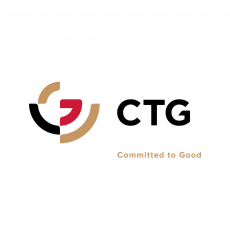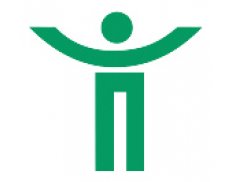2. Background and Rationale for the Assignment
As part of our livelihoods pillar, DCA has long been engaged in value chain development to create economic opportunities and reduce dependency on illicit or unsustainable sources of income. Among these, the dairy value chain has been a critical area of investment, linking rural milk producers—especially women—to local markets through improved infrastructure, veterinary support, and training.
Interventions have included:
- Establishing and equipping Milk Collection Centers (MCCs) and Rural Dairy Processing Plants (RDPPs)
- Providing solar-powered cold storage, churners, and hygienic kits.
- Delivering technical assistance through veterinary field units (VFUs) and Paravets
- Supplying dairy-related extension materials, training packages, and regular field mentoring
- Supporting improved animal feeding through feed banks and linking producers with one-stop shop agro-input dealers.
These efforts have enabled rural producers to improve hygiene, productivity, and profitability in the dairy sector. Households—many led by women—are now producing and selling cheese, cream, butter, ghee, and Quroot, contributing to household nutrition, market participation, and resilience.
This assessment aims to understand the impact of these dairy value chain interventions, document the lessons learned, and provide strategic recommendations for scaling, sustainability, and integration into DCA’s wider livelihoods programming.
3. Objectives of the Assessment
The primary objective is to assess the impact of DCA’s dairy value chain development interventions in selected areas. Specifically, the study will:
- Measure the changes in income, employment, and market access for dairy producers and processors.
- Evaluate how dairy activities have impacted women’s workload, nutrition, and community well-being.
- Assess the institutional linkages, including with VFUs, Paravets, and other local actors.
- Document best practices and innovations, particularly those that are gender-sensitive or promote sustainability.
- Provide actionable recommendations for program improvement, scalability, and alignment with national policy and market trends.
4. Methodology
The consultant will use a mixed-methods approach, including qualitative and quantitative tools. The methodology should include, but not be limited to:
- Review of existing data and documents (program reports, monitoring data, training records)
- Key Informant Interviews (KIIs) with DCA staff, MCC operators, and community stakeholders
- Focus Group Discussions (FGDs) with dairy producers, ensuring gender disaggregation.
- Household Surveys and direct observations at selected sites
- Value Chain Mapping to visually represent the actors, gaps, and opportunities.
- Where feasible, include before-and-after comparisons or control group analyses.
DCA will support the field data collection and initial cleaning, while the consultant will lead the analysis and reporting.
5. Key Areas of Assessment
The consultant is expected to assess the following dimensions:
- Economic Outcomes: Impact on income, employment, business growth, and local dairy market development
- Social Outcomes: Changes in gender roles, women’s empowerment, youth involvement, and community cohesion
- Environmental Outcomes: Sustainability of practices, waste management, feed efficiency, and One Health relevance
- Institutional Outcomes: Capacity of local actors (MCCs, VFUs), governance structures, and coordination mechanisms
- Programmatic Integration: How the dairy value chain is linked to DCA’s broader work in animal health, feed banks, and agricultural extension.
- Challenges and Innovations: Identify systemic bottlenecks and document successful innovations.
- Recommendations: Strategic, practical recommendations for scaling up, institutionalizing, or refining approaches.



